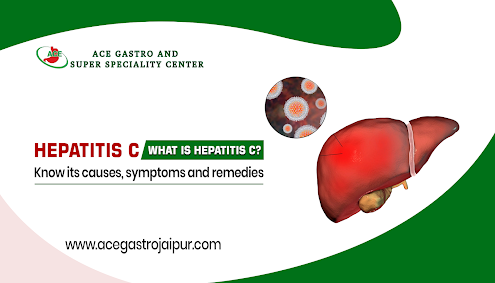What are the 4 stages of liver cirrhosis?
Liver cirrhosis is a chronic liver disease characterized by the progressive scarring of the liver tissue, which affects the normal functioning of the liver. It is a serious condition that can lead to various complications, including liver failure, portal hypertension, and liver cancer. In this article, we will discuss the four stages of liver cirrhosis and their implications.
Stage 1: Compensated Cirrhosis
The first stage of liver cirrhosis is called compensated cirrhosis. At this stage, the liver is still able to function adequately, and the patient may not experience any symptoms. However, the liver tissue has already been damaged, and there are visible signs of scarring on the liver. The liver may also become enlarged due to the accumulation of fat and other substances.
Patients with compensated cirrhosis may experience mild fatigue or weakness, and may also have some digestive symptoms such as bloating, nausea, or diarrhea. However, these symptoms are often overlooked or attributed to other causes.
It is important to note that patients with compensated cirrhosis can still lead relatively normal lives if they manage their condition properly. This includes avoiding alcohol and certain medications that can further damage the liver, as well as adopting a healthy diet and exercise routine.
Stage 2: Decompensated Cirrhosis
The second stage of liver cirrhosis is called decompensated cirrhosis. At this stage, the liver is no longer able to function adequately, and patients may start experiencing more severe symptoms. These may include jaundice, ascites (abdominal swelling due to fluid accumulation), and hepatic encephalopathy (brain dysfunction due to liver failure).
Patients with decompensated cirrhosis may also experience bleeding from the esophagus or stomach, as the high pressure in the liver veins (portal hypertension) can cause the blood vessels to rupture. This can be life-threatening and requires immediate medical attention.
At this stage, liver transplantation may be the only viable treatment option for some patients. However, not all patients with decompensated cirrhosis are candidates for transplantation, and other treatments may be needed to manage their symptoms and prolong their life.
Stage 3: End-Stage Cirrhosis
The third stage of liver cirrhosis is called end-stage cirrhosis, also known as terminal cirrhosis. At this stage, the liver is severely damaged, and patients may experience multiple organ failure. Symptoms may include severe jaundice, kidney failure, and respiratory failure.
Patients with end-stage cirrhosis may also develop liver cancer, which can further complicate their condition. Treatment options are limited at this stage, and the focus is on providing palliative care to manage the patient's symptoms and improve their quality of life.
Stage 4: Acute-on-Chronic Liver Failure
The fourth stage of liver cirrhosis is called acute-on-chronic liver failure (ACLF). This is a sudden and severe deterioration of liver function that can occur in patients with chronic liver disease, including cirrhosis. ACLF can be triggered by various factors, such as infections, medications, or alcohol abuse.
Patients with ACLF may experience rapid-onset symptoms such as jaundice, confusion, and bleeding. The mortality rate for ACLF is high, and prompt medical intervention is necessary to improve the patient's chances of survival.
Conclusion
Liver cirrhosis is a serious and progressive liver disease that can lead to various complications and even death. Understanding the four stages of liver cirrhosis is essential for managing the condition effectively and providing appropriate treatment. If you suspect that you or someone you know may have liver cirrhosis, it is important to seek medical advice promptly to receive an accurate diagnosis and appropriate treatment.
If you suspect you may have liver cirrhosis or are experiencing any symptoms of liver disease, it is essential to seek the advice of a qualified liver specialist in jaipur like Dr. Sushil Kumar Jain. With early diagnosis and proper treatment, liver cirrhosis treatment in jaipur can often be managed and its progression slowed, helping to prevent complications and improve overall health outcomes.


.png)
.png)
Comments
Post a Comment